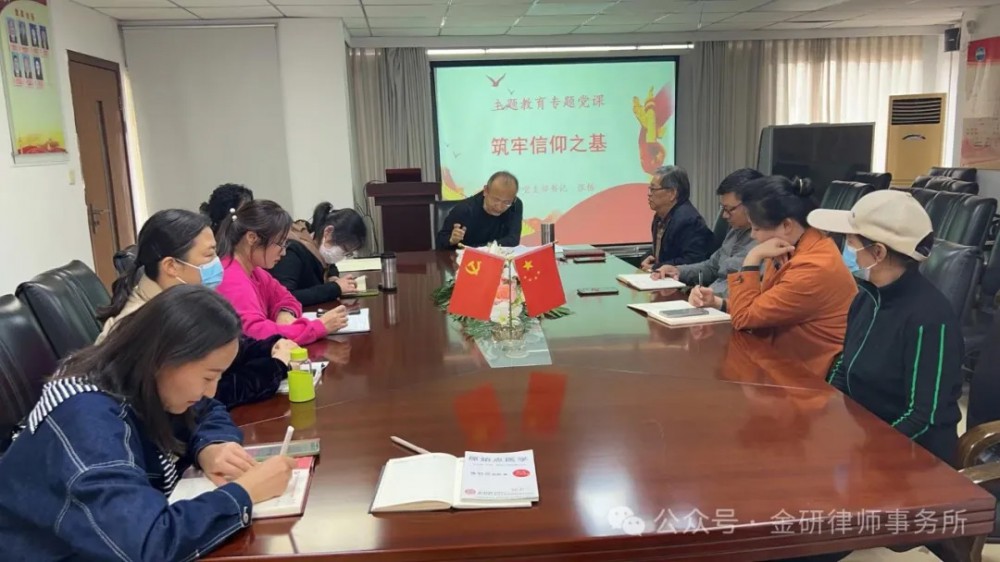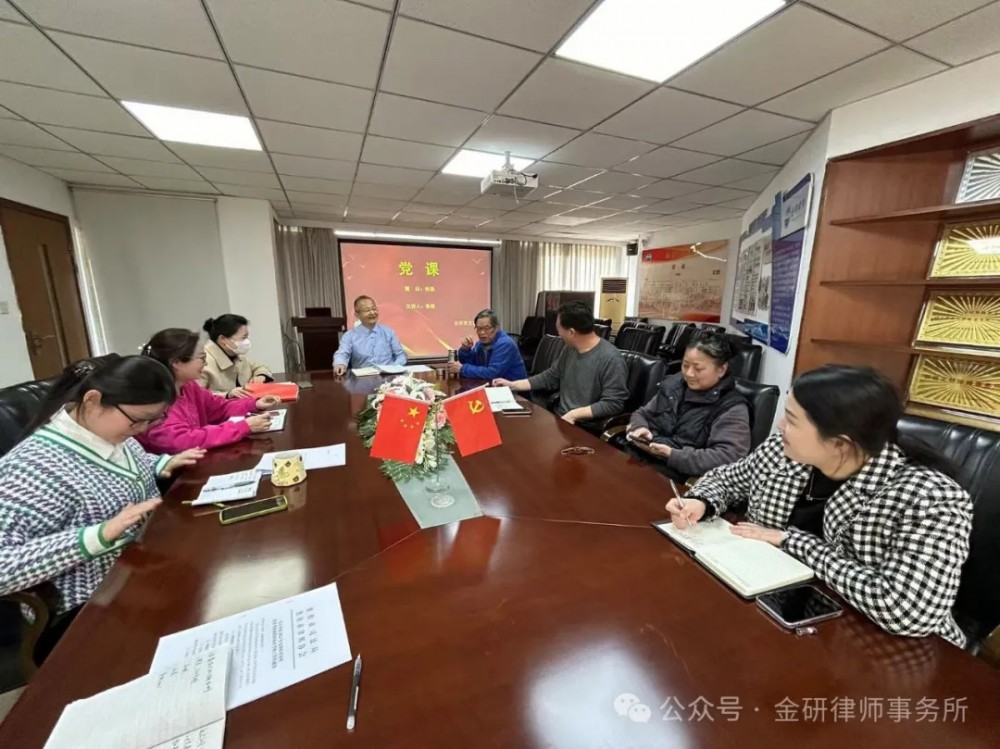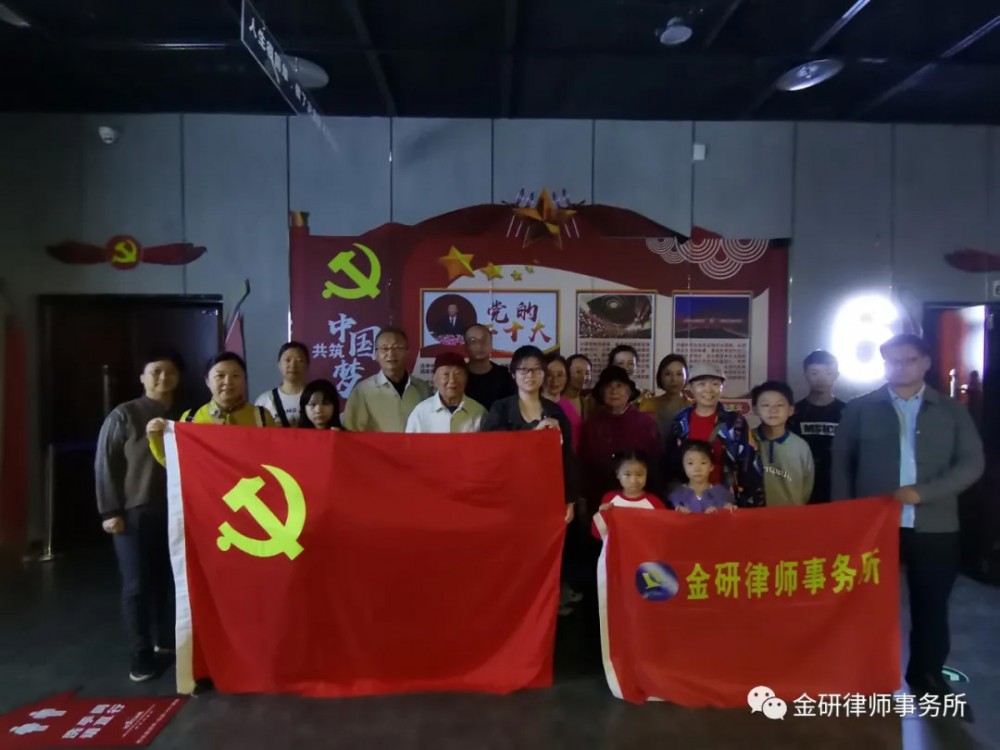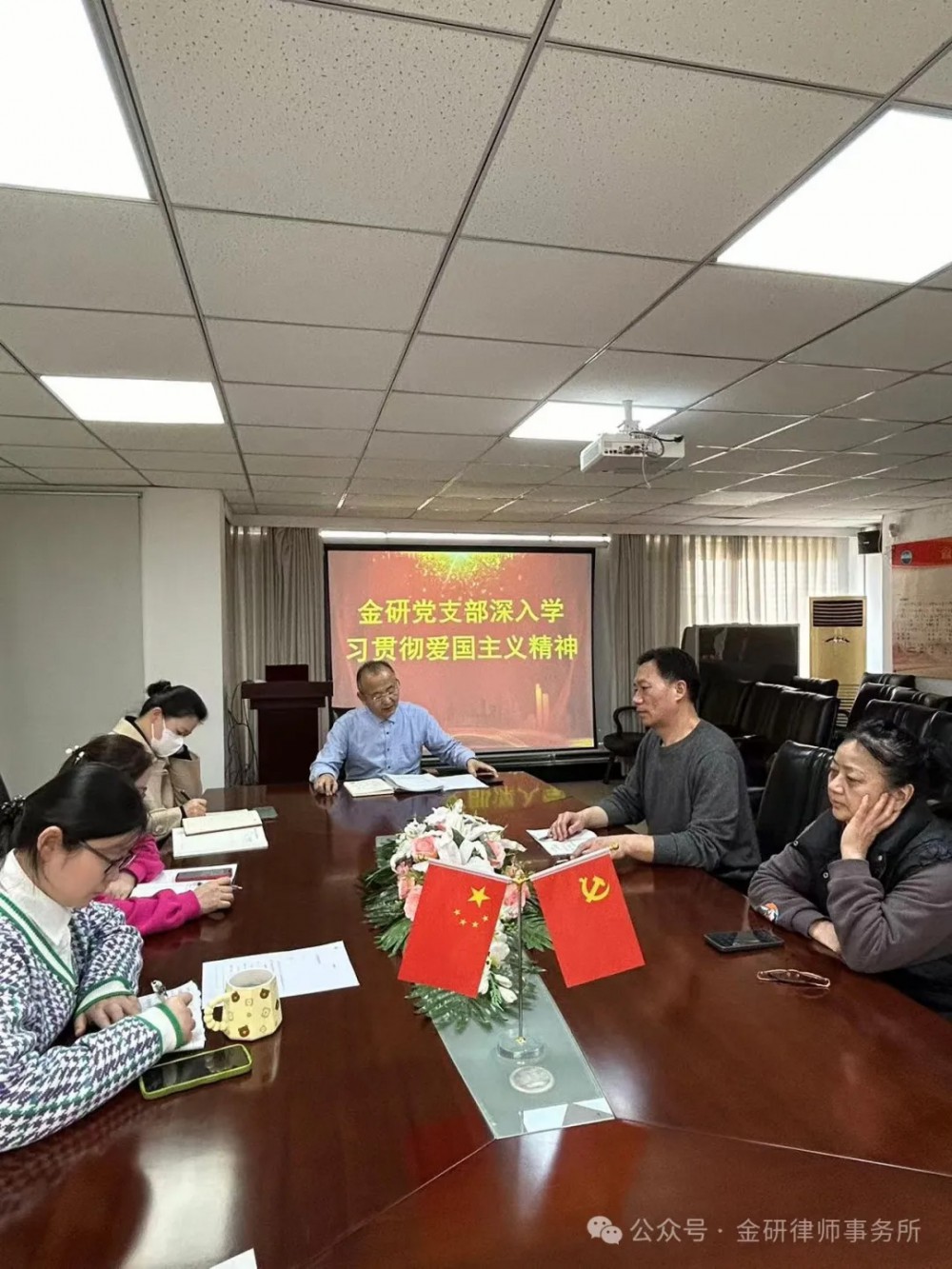TEL: 0391-3581232
Army Day Army Day is the anniversary of the founding of the Chinese People's Liberation Army, which is set as August 1 every year, established by the Chinese People's Revolutionary Military Committee, to commemorate the founding of the Chinese Workers' and Peasants' Red Army. On July 11, 1933, the Provisional Central Government of the Chinese Soviet Republic decided that August 1 would be the anniversary of the founding of the Chinese Workers' and Peasants' Red Army on the recommendation of the Central Revolutionary Military Commission on June 30. On June 15, 1949, the Chinese People's Revolutionary Military Commission issued an order to use the word "August 1st" as the main symbol of the Chinese People's Liberation Army flag and military emblem. After the founding of the People's Republic of China, this anniversary was renamed the Army Day of the Chinese People's Liberation Army.
In order to celebrate the 97th anniversary of the founding of the Chinese People's Liberation Army, guide Jin Yan people to always listen to the party, feel the party's grace, follow the party, and cultivate the noble feelings of loving the party, the country and the army, on the day of the August 1st Army Day, the Jin Research Institute launched the celebration of August 1st, learn the spirit of the People's Liberation Army, and pay tribute to the loveliest, most respectable and greatest soldiers of our time!
Learn the spirit of the Long March and strengthen the ideals and beliefs of Jinyan people

From October 1934 to October 1936, the Central Red Army (Red Army), the Red 2nd and Red 6th Army (Red Second Front), the Red Fourth Front Army and the Red 25th Army successively withdrew from the Soviet areas north and south of the Yangtze River to carry out strategic transfers. During the Long March, the Communist Party of China led the Red Army to break through the encirclement and interception of millions of Kuomintang troops, crossed the Chishui River four times, crossed the Jinsha River skillfully, crossed the Dadu River, fought fiercely at Lazikou, climbed over the mountains and mountains covered with snow all year round, and passed through the inaccessible vast grasslands, overcoming the mistakes of "left" dogmatism represented by Wang Ming and Zhang Guotao's separatism, traversing more than ten provinces, traveling 25,000 miles, and successfully reaching the Shaanxi-Gansu-Ningxia region, realizing the main force of the Red Army. This thrilling expedition, with its long duration, long journey, disparity in strength between the enemy and us, and the harsh natural environment, is rare in the history of human warfare. The victory of the Red Army's Long March was a victory for the Chinese Communists and Red Army soldiers to carry forward the great revolutionary spirit.
General Secretary Xi Jinping once said: "The spirit of the Great Long March is to put the fundamental interests of the people of the whole country and the Chinese nation above all else, strengthen the ideals and beliefs of the revolution, and firmly believe in the inevitable victory of the just cause; It is to save the country and the people, not afraid of any difficulties and obstacles, and not hesitating to sacrifice the spirit of all sacrifices; It is the spirit of adhering to independence, seeking truth from facts, and proceeding from reality; It is the spirit of taking into account the overall situation, strictly abiding by discipline, and close unity; It is the spirit of closely relying on the people, relying on the people for life and death, sharing hardships and hardships, and struggling hard. ”
The Red Army's Long March not only created a war epic that can be sung and wept, but also composed a proud spiritual epic and created a great Long March spirit. The spirit of the Long March is a vivid reflection of the revolutionary style of the Chinese Communists and the people's army, a concentrated display of the national character of the Chinese nation's unremitting self-improvement, and the highest embodiment of the national spirit with patriotism as the core. The spirit of the Long March has provided a strong spiritual impetus for the Chinese revolution to continue to move from victory to victory. Inheriting and carrying forward the spirit of the Long March is of great significance to building socialism with Chinese characteristics and realizing the dream of a strong country for the great rejuvenation of the Chinese nation. We must draw wisdom and strength from the spirit of the Long March, strengthen ideals and beliefs, take the 30-year development blueprint as the starting point, unite closely, support each other, jointly cope with challenges, and continue to promote the brilliant tomorrow created by Jinyan Institute.
Learn the anti-Japanese spirit and cultivate the feelings of Jinyan and the country

The War of Resistance Against Japanese Aggression, referred to as the War of Resistance Against Japanese Aggression, refers to a national all-out war in which China resisted Japanese aggression in World War II in the mid-20th century. Internationally, it is known as the Second Sino-Japanese War and the Japanese War of Aggression against China. The National War of Resistance Against Japanese Aggression began on July 7, 1937 and ended on September 2, 1945, with a total of 8 years of resistance against Japanese aggression. On July 7, 1937, the Japanese army provoked the Qiqi Incident near Peiping, also known as the Lugou Bridge Incident. On the night of July 7, 1937, the Japanese garrison at Lugou Bridge held a so-called military exercise near the position of the Chinese garrison without notifying the local Chinese authorities, and falsely claimed that a Japanese soldier was missing and asked to enter Wanping County in the southwest of Peiping to search, but was sternly refused by the Chinese garrison, and the Japanese army immediately launched an attack on Wanping City and Lugou Bridge. The 219th Regiment of the 37th Division of the 29th Army of the Chinese Garrison fought back and put up stubborn resistance. The "77 Incident" opened the prelude to the National War of Resistance Against Japanese Aggression and marked the beginning of the all-out War of Resistance of the Chinese nation. On December 7, 1941, after Japan launched the Pacific War, on December 9, the Chongqing Nationalist Government officially declared war on Japan. On August 15, 1945, Japan surrendered unconditionally to the anti-fascist allies. The Chinese battlefield was one of the main battlefields of World War II. The Chinese people's War of Resistance Against Japanese Aggression was an important part of World War II. The Chinese People's War of Resistance Against Japanese Aggression was the greatest patriotic war in the history of the Chinese nation, a just war of the Chinese people against Japanese imperialist aggression, an important part of the world anti-fascist war, and the first national liberation war in which China achieved complete victory against foreign invasion in modern times.
On September 3, 2014, Xi Jinping highly summarized the connotation of the spirit of the War of Resistance at a symposium commemorating the 69th anniversary of the victory of the Chinese People's War of Resistance Against Japanese Aggression and the World Anti-Fascist War: "In the magnificent process of the Chinese People's War of Resistance Against Japan, the great spirit of the War of Resistance has been formed, and the Chinese people have shown the world the patriotic feelings of the rise and fall of the world and the responsibility of every man, the national integrity of treating death as home and preferring to die unyieldingly, the heroic spirit of not being afraid of violence and fighting bloody battles to the end, and the belief in victory that is indomitable and persevering." On September 3, 2015, Xi Jinping delivered an important speech at the 70th anniversary of the victory of the Chinese People's War of Resistance Against Japanese Aggression and the World Anti-Fascist War, with the theme of "commemorating the great victory of the War of Resistance, carrying forward the great spirit of the War of Resistance, and realizing the great rejuvenation of the nation". Jinyan people should remember the great victory! Carry forward the spirit of the War of Resistance! As legal workers in the new era, Jin Yan people must cultivate the feelings of family and country, link personal ideals with the future of the country and the Jin Research Institute, and personal growth with the fate of the nation and the fate of the Jin Research Institute.
Learn the spirit of resisting US aggression and aiding Korea, and be a Jinyan person who has the courage to take responsibility

In June 1950, the United States took advantage of the Korean Civil War to brazenly send troops to North Korea. The U.S. 7th Fleet invaded the Taiwan Strait, prevented the People's Liberation Army from liberating Taiwan, continuously bombed Chinese towns and villages on the Sino-North Korean border, and continuously shelled Chinese fishing boats and merchant ships, seriously threatening China's security. The Central Committee of the Communist Party of China and Mao Zedong made the decision to "resist US aggression and aid Korea and defend the country" at the request of the Workers' Party of Korea and the government of the Democratic People's Republic of Korea and the will of the Chinese people. After two years and nine months of desperate fighting, the military and civilians of China and North Korea finally forced the "United Nations Forces" led by the United States to sign an armistice agreement. In the extremely cruel War to Resist US Aggression and Aid Korea, the commanders and fighters of the Volunteer Army went through fire and water, regarded death as home, composed heroic songs of magnificent mountains and rivers, created a glorious example of defeating the strong with the weak in the history of human war, and formed a great spirit of resisting US aggression and aiding Korea.
The spirit of resisting US aggression and aiding Korea is the product of the combination of Marxism-Leninism, Mao Zedong Thought and the great practice of just war, the embodiment of the purpose, true nature and style of the people's army, the promotion of the historical tradition of the Chinese nation not being afraid of violence and daring to fight, and the extremely precious spiritual wealth of the Chinese people. On October 19, 2020, Xi Jinping stressed that in the new era, we should inherit and carry forward the great spirit of resisting US aggression and aiding Korea, and strive to realize the great rejuvenation of the Chinese nation. On October 23, 2020, a conference to commemorate the 70th anniversary of the Chinese Volunteers' overseas operations to resist US aggression and aid Korea was held in Beijing. Xi Jinping, General Secretary of the CPC Central Committee, President of the People's Republic of China, and Chairman of the Central Military Commission, attended the conference and delivered an important speech. General Secretary Xi Jinping's important speech highly affirmed the historical significance and great spirit of the Chinese People's Volunteers to resist US aggression and aid Korea to fight abroad, inspired the whole party, the whole army, and the people of all ethnic groups in the country to benchmark the heroes of their ancestors, carry forward the great spirit of resisting US aggression and aid Korea, and forge ahead bravely and unremittingly in comprehensively opening a new journey of building a modern socialist country with Chinese characteristics. The more important junctures and critical periods of the development of the country, the nation and the Institute of Finance, the more we must dare to fight, be good at fighting, advance in the face of difficulties, move forward with tenacity, realize the new journey of strengthening the country, and achieve the new goal of Jinyan's development.
Study the anti-secession law and firmly believe that the motherland will be reunified

The Third Session of the Tenth National People's Congress passed the Anti-Secession Law on March 14, 2005, with a total of 10 articles. The Anti-Secession Law states: This law is enacted in accordance with the Constitution; There is only one China in the world, and the mainland and Taiwan belong to one China, and China's sovereignty and territorial integrity are indivisible. The Taiwan issue is a legacy of China's civil war; Accomplishing the great cause of reunifying the motherland is the sacred duty of all Chinese people, including Taiwan compatriots; Adhering to the one-China principle is the basis for realizing the peaceful reunification of the motherland. The state has taken measures to maintain peace and stability in the Taiwan Strait region, develop cross-strait relations, and protect the rights and interests of Taiwan compatriots in accordance with the law. The state advocates peaceful reunification through equal consultation and negotiation between the two sides of the Taiwan Strait; The fact that the "Taiwan independence" separatist forces have caused Taiwan's separation from China under any name and in any way, or if a major event occurs that will lead to Taiwan's separation from China, or the possibility of peaceful reunification is completely lost, the state must take non-peaceful means and other necessary measures to defend national sovereignty and territorial integrity. When non-peaceful means and other necessary measures are adopted and organized in accordance with the provisions of this Law, the State shall do its utmost to protect the safety of the lives, property and other legitimate rights and interests of Taiwan civilians and foreigners in Taiwan and reduce losses.
On May 26, 2024, in order to punish "Taiwan independence" diehards for secession and incitement to secession in accordance with the law, and effectively safeguard national sovereignty, unity, and territorial integrity, in accordance with the provisions of the Anti-Secession Law, the Criminal Law of the People's Republic of China, the Criminal Procedure Law of the People's Republic of China, and other laws, as well as relevant judicial interpretations, the Supreme People's Court, the Supreme People's Procuratorate, the Ministry of Public Security, the Ministry of State Security, and the Ministry of Justice jointly formulated the "On Punishing "Taiwan Independence" Diehards for Secession in accordance with the Law , Opinions on Inciting Secession". The promulgation of this opinion shows that the state security organs and judicial-administrative organs have given full play to their functions, severely punished "Taiwan independence" diehards for secession and incited secession in accordance with the law, and resolutely defended national sovereignty, unity and territorial integrity. This is the country's sword of the rule of law to punish "Taiwan independence" diehards, providing clearer legal norms and case-handling guidelines for accurately cracking down on "Taiwan independence" diehards, and also the party's overall strategy for resolving the Taiwan issue under Xi Jinping Thought on the Rule of Law and the history of the new era. As a legal worker in the new era, Jin Yanren should conscientiously study and study the coordinated actions of the "two high courts and three ministries" and jointly formulate the "Opinions", give full play to the functional advantages of legal workers, do a good job in legal publicity and legal services, and resolutely defend national sovereignty, unity and territorial integrity.